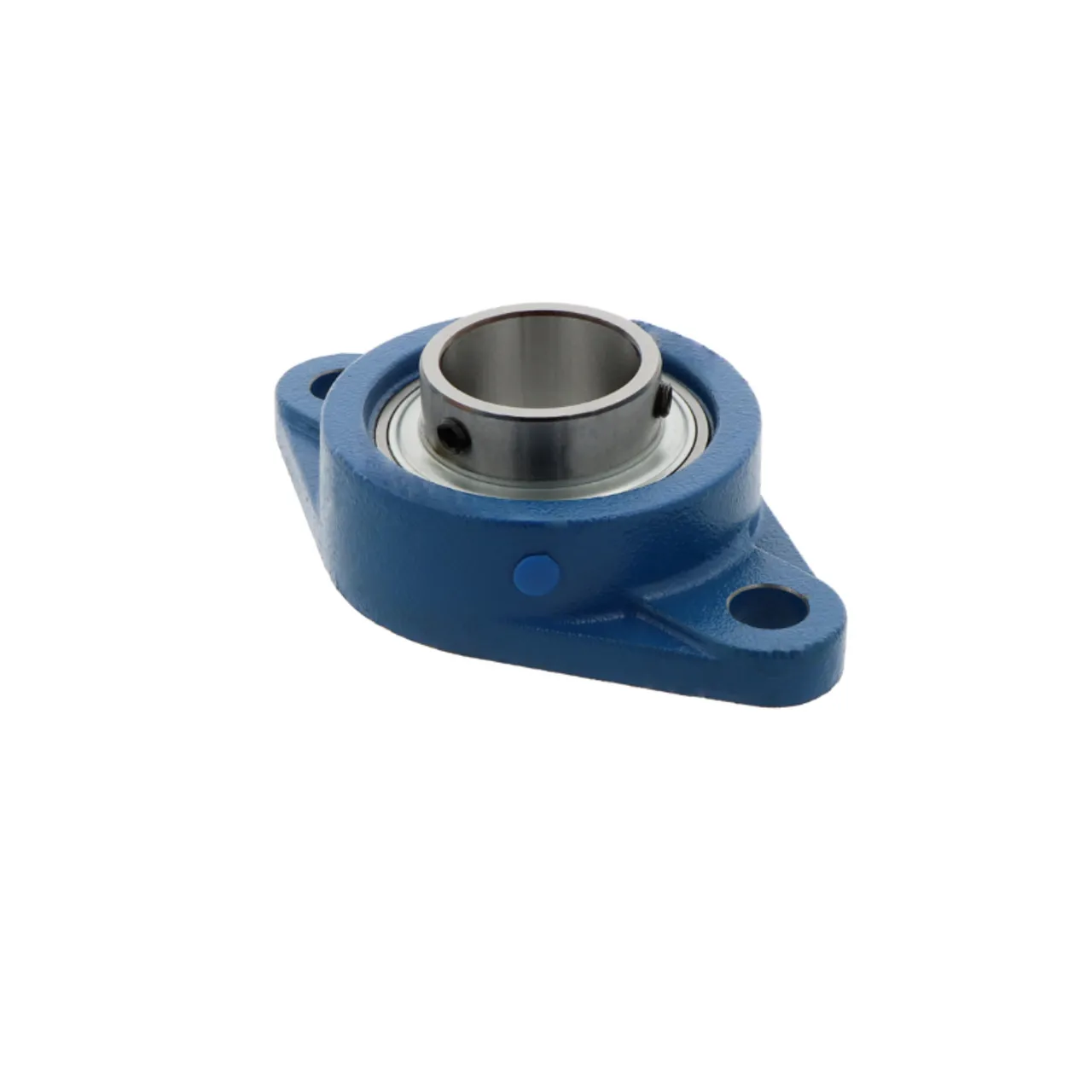dec . 01, 2024 02:06 Back to list
Manufacturers of Lubricants for Electric Motor Bearings and Their Applications
Lubricating Electric Motor Bearings An Overview for Manufacturers
Electric motors are essential components in a variety of industries, powering everything from household appliances to heavy machinery. Central to their effective operation are bearings, which enable smooth rotation and reduce friction between moving parts. However, the performance and longevity of these bearings are heavily reliant on proper lubrication. This article explores the importance of lubricating electric motor bearings, the types of lubricants available, and factors manufacturers should consider in the lubrication process.
Importance of Lubrication
Lubrication serves several critical functions for electric motor bearings. Firstly, it reduces friction, which is essential for minimizing wear and tear on the bearing surfaces. When bearings operate without adequate lubrication, the friction generated can lead to overheating and premature failure. Secondly, lubrication helps dissipate heat, maintaining optimal operating temperatures. Effective heat management is crucial for ensuring the longevity and reliability of electric motors. Additionally, lubricants can also provide a barrier against contaminants such as dust and moisture, further protecting the integrity of the bearings.
Types of Lubricants
There are several types of lubricants available for electric motor bearings, with the most common being grease and oil.
1. Grease This semi-solid lubricant is typically a mixture of oil, a thickener, and additives. Grease is advantageous for electric motor bearings because it stays in place better than oil, making it ideal for applications where the bearings are not accessible for frequent maintenance. Grease also provides excellent sealing properties, protecting the bearings from contaminants.
2. Oil Oil lubricants can provide superior cooling properties and are often used in high-speed applications where heat generation is a concern. Oil can be applied via a centralized lubrication system or manually, depending on the setup. While oil may require more frequent replenishment compared to grease, it can effectively reach bearing surfaces, ensuring consistent lubrication.
3. Synthetic Lubricants These advanced lubricants can offer enhanced performance in extreme temperatures and conditions. Synthetic oils and greases can provide better stability, lower evaporation rates, and improved resistance to oxidation and breakdown, making them suitable for high-performance electric motor applications.
lubricating electric motor bearings manufacturers

Factors to Consider
When it comes to lubricating electric motor bearings, manufacturers must consider several factors to ensure optimal performance
1. Operating Conditions The environment in which the electric motor operates plays a significant role in determining the appropriate lubricant. High temperatures, humidity, and exposure to contaminants must be assessed to choose the right lubricant type and viscosity.
2. Speed and Load High-speed or high-load applications may require specialized lubricants designed to withstand significant stress. Understanding the operational parameters of the motor is crucial for selecting an appropriate lubricant.
3. Bearing Design The design of the bearing itself, including its load capacity and type, will influence the selection of lubricant. Manufacturers need to consider factors such as the inner and outer diameters, raceway geometry, and load rating.
4. Maintenance Schedule Establishing a regular maintenance schedule for lubrication can prevent bearing failure and extend the service life of the electric motor. Manufacturers should clearly outline how often lubrication should be checked and replenished.
5. Regulatory Compliance In some industries, lubrication must comply with specific regulatory standards. Manufacturers must ensure that the lubricants they use meet these requirements while still providing the performance needed for the application.
Conclusion
Lubricating electric motor bearings is a critical aspect of electric motor design and maintenance that manufacturers cannot overlook. The right lubricant can lead to increased efficiency, reduced downtime, and a longer lifespan for motors. By understanding the importance of lubrication, the types of lubricants available, and the factors to consider, manufacturers can enhance the performance and reliability of their electric motors, ultimately leading to greater customer satisfaction and business success.
Latest news
-
GW315PPB11 Ball Round Hole Agricultural Bearings - Durable & Reliable.
NewsAug.28,2025
-
Top Spherical Roller Bearing Material Exporter - High-Performance Alloys
NewsAug.27,2025
-
Durable PLC 110-190 Spherical Roller Bearing for Mixer Reducer
NewsAug.26,2025
-
CSK-2RS Sprag Clutch One Way Bearing: Sealed, High Torque, Durable
NewsAug.25,2025
-
CKZ-D Series One Way Overrunning Clutch: Reliable Power Control
NewsAug.24,2025
-
203KRR3 Round Bore Series Bearings | Cylindrical Outer Ring, Precision
NewsAug.23,2025